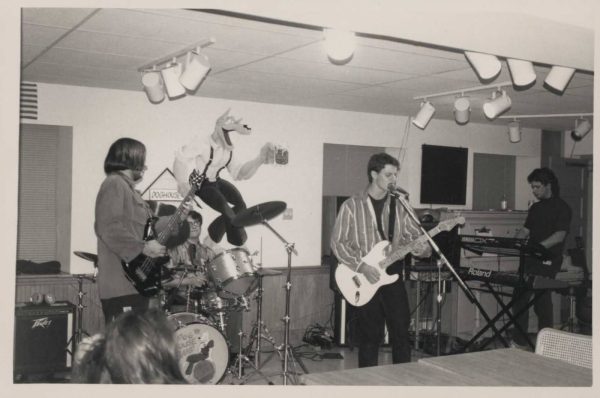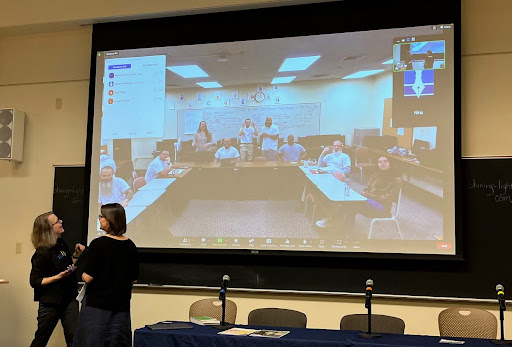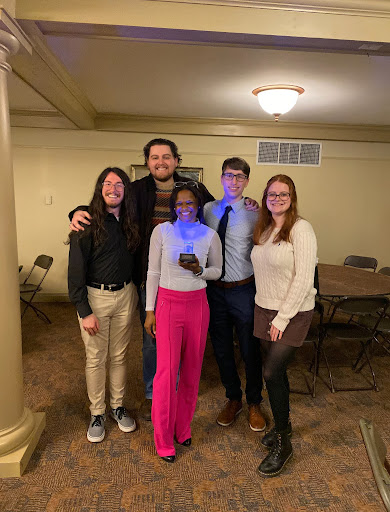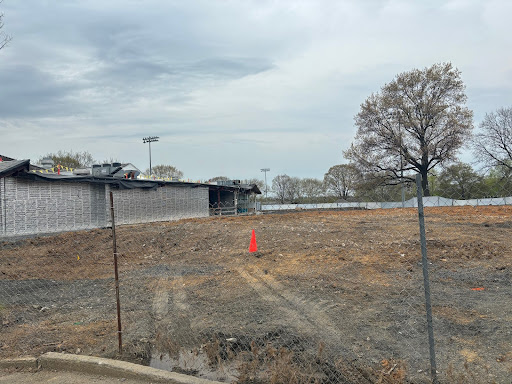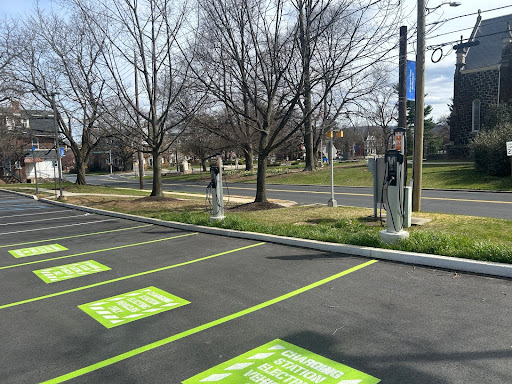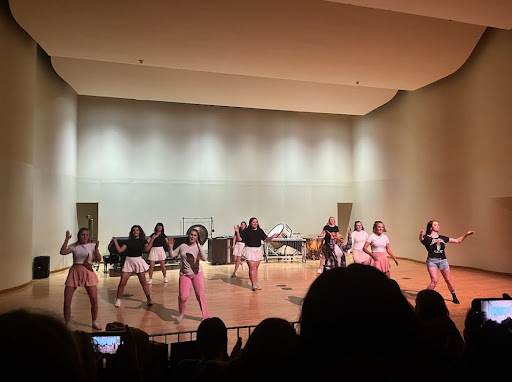IPV, Intersectionality and Informing on Partner Abuse: A One Love Friday Forum
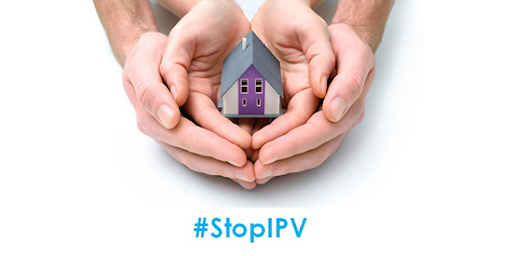
Photo courtesy: www.womenshealth.va.gov
In sponsorship with Moravian’s Counseling Center and Advocates Program, The Office for Diversity, Inclusion and Equality (DEI) centered March 25th’s One Love Friday Forum on intimate popular violence (IPV) or dating violence.
Dr. Jane Berger, associate professor of history and associate dean of DEI, introduced this informative forum to raise awareness on dating violence, to acknowledge the vulnerability of dating violence on more diverse populations, and to urge the audience to be vigilant of possible signs of intimate partner violence.
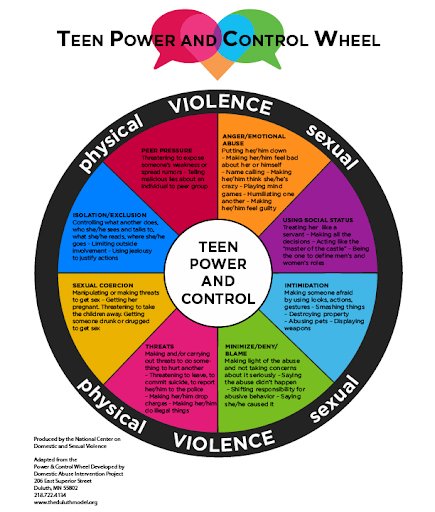
IPV is defined as any physical or mental violence against someone who has been in, or is in, an intimate relationship. According to Berger, one in four women and one in 10 men may experience violence from their partner.
Such abuse can heavily impact marginalized communities that may not have the accessibility that those in privileged communities have. For instance, according to Dr. Rosemarie Williams, assistant director of the Counseling Center, LGBTQ+ individuals are more suspectible to IPV with 43.8% of lesbians, 61.1% of bisexual women, 26% of gay men, and 37.3% bisexual men likely to face IPV in their lifetime.
This issue is most common during the college years, for 18- to 24-year olds. Of course, that does not mean other age groups experience dating violence significantly less. Young teen dating violence is very much an occurrence, and Williams displayed a teen power and control wheel which highlights the dimensions in which young teens can be subjected to IPV.
IPV may be viewed through a scope of intersectionality, a term coined by feminist Kimberle Crenshaw, which means the complex, cumulative way in which the effects of multiple forms of discrimination (such as racism, sexism, and classism) combine, overlap, or intersect especially in the experiences of marginalized individuals or groups.
As stated by Berger, intersectionality can play a significant role as marginalized communities may face additional violence, may be “having difficulties accessing resources and help,” or may say to themselves “I have the resources but I don’t deserve them.” Intersectionality matters, especially in terms of IPV services for underrepresented groups.

For example, Non-English speaking survivors and immigrants are more likely to be dependent on their partners and may not have adequate resources to become completely independent. Additionally, victims of color have a much harder time contacting police or getting involved with the justice system due to the history of discrimination, fear of police brutality and being completely disregarded.
The marginalized power wheel shown highlights how certain privileges or lack thereof can impact the power of IPV.
The forum organizers showed the OneLove video, the 10 Signs of a Healthy and Unhealthy Relationship and a OneLove short film depicting a man in an abusive relationship with a friend pointing out to him that the more he spends with his partner, the worse he gets. By the end of the film, the man realizes the abuse and confronts his partner by saying, “You don’t love me, you just want to control me.”
These videos carried over into break-out discussions where students and attendees were able to share their thoughts and answer prompts provided by the forum organizers. Williams asked participants what they noticed about the films, with some participants noting the manipulation, sabotaging a partner’s abilities and possessiveness that come from the violent partners mentioned in the videos.
One participant mentioned the difficulties of victims to come forward because of fear and stigma, while another mentioned power dynamics and dynamic shifts in older relationships versus younger relationships.
The forum ended with a list of on-campus and off-campus resources that IPV victims can seek or know loved ones who are.
Yet again, DEI has held an enlightening discussion pertaining to problems so relevant and real for college students and being able to touch on such difficult subjects motivates folks on campus to participate more in these conversations and utilize their voices.


